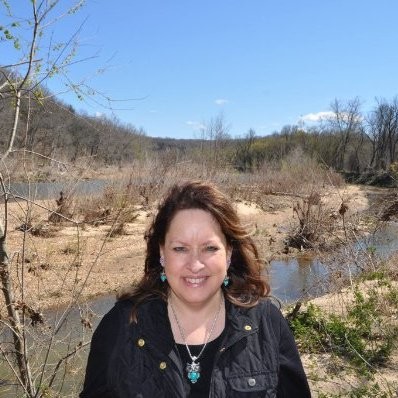Paradise Ballroom ABC
The Department of Mental Health, Division of Behavioral Health, is recognizing three Outstanding Performers for Housing, Supported Employment, and Recovery Support Services. These awards go to agencies that exemplify the DMH Mission of serving, empowering, and supporting Missourians to live their best lives.
2023 Outstanding Performer Recovery Support Services
ARCA-Recovery House
The Assisted Recovery Centers of America Recovery House began in 2011 and has 11 total properties. Recovery House continues to serve those in need in the St. Louis area. This program focuses on providing a safe peer supported living environment for those recovering from substance use disorders. Recovery House is operated by Jordan Hampton. Jordan and all those involved in Recovery House have a passion for recovery and assist each individual with the skills they need to continue on their path to recovery. Recovery House strives to be a great example of what dedication to recovery can mean to the individuals served and the community. We are very appreciative of the consistent exemplary efforts Jordan Hampton and Recovery House have set for putting individuals served first.
Independence Center
Independence Center has been a housing creator and innovator for years. Their problem-solving creativity in housing design has addressed the needs of many Missourians living with disabilities. Independence Center’s housing programs include: Residential Care Facilities, Intensive Residential Treatment Settings, Clustered Apartments, and Permanent Supportive Housing. There are 109 units of housing within these settings. Independence Center has been awarded a new Low-Income Housing Tax Credit property, which will target persons over 55 years old and include occupational therapy and other services on-site to support aging in place.
Independence Center is a model housing advocate, offering a wide array of housing options that support housing choice for Missourians with disabilities. They consistently demonstrate their commitment to their mission to, “provide all the services and resources a person with a serious and persistent mental illness needs, to manage their symptoms, find belonging and purpose, and gain the independence to live a healthy, quality life.”
This year’s Outstanding Performer for Supported Employment Award goes to BJC Farmington.
BJC Farmington exemplifies how an Individual Placement and Support (IPS) employment program can be successfully implemented in a rural community. BJC Farmington has been an IPS provider for nearly ten years. Their 2022 successful employment rate was higher than state and national averages and their most recent fidelity review scored in the highest range of fidelity, which is the exemplary range.
While their outcomes are impressive, where BJC Farmington really shines is their team’s dedication and commitment to supported employment. The IPS supervisor has been part of IPS in Missouri since its inception. One Employment Specialists has been part of the program for six years and the other for ten years. Their certified benefits planner for has been with the program for six years. The team has been described by their supervisor as “three of the most dedicated individuals I have ever had the pleasure to work with. They focus on client strengths, and, to a person, never consider the barriers. I’m just lucky to experience their passion.”
Their employment program really embodies the spirit of “Employment is Recovery.” We are happy to recognize Jenise Woolf, IPS supervisor, Rob Grief, Employment Specialist, Brandi Shibley, Employment Specialists, and Sherrie Barton, Benefits Specialist as this year’s recipients of this award.

